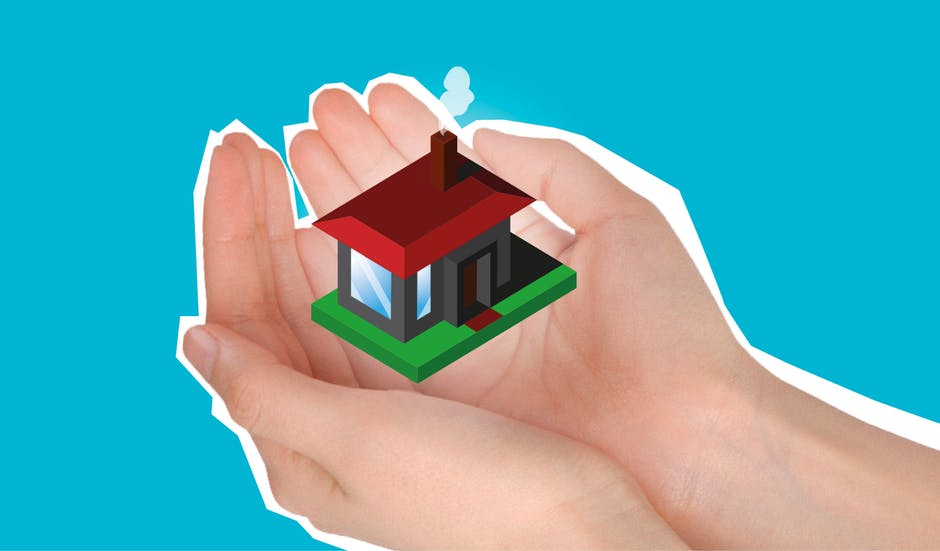Many prospective homebuyers dream of finding that perfect house, yet the harsh reality is that not every property is move-in ready. When considering buying a house as is, it’s essential to look beyond the initial allure of a bargain and think through the implications.
While this route can offer opportunities for savings and customization, it also comes with inherent risks that every buyer should consider. Understanding both the advantages and disadvantages sets the foundation for a well-informed decision.
Understanding the As-Is Purchase
Purchasing a home in its current condition means that the seller will not make any repairs or improvements before closing the deal. This can stem from various reasons, including financial strain or a desire to speed up the sale process. For many buyers, it presents an opportunity to negotiate a lower purchase price, but there are potential hidden concerns that merit caution.
Pros of Buying a House As Is
When weighing the decision to buy a house as is, several advantages stand out:
Lower Purchase Price
One of the most significant benefits of buying a property as is is the potential for a reduced purchase price. Sellers often list these homes at lower rates to attract buyers who are willing to accept the associated risks.
Opportunity for Customization
By purchasing a house in its current state, buyers have the freedom to renovate according to their tastes and preferences. From design choices to structural changes, the possibilities are endless.
Less Competition
Many homebuyers shy away from properties needing repairs, leading to reduced competition and quicker transactions for those willing to take the plunge.
Investment Potential
Buying a house as is can be an opportunity for investment. If the property’s value increases after renovations, buyers could reap significant financial rewards when it comes time to sell or rent.
Cons of Buying a House As Is
Of course, the prospect of buying a house as is comes with its own set of challenges:
Unknown Repair Costs
One of the primary concerns with an as-is purchase is the potential for unforeseen repair costs. It can be challenging to accurately assess the extent of necessary repairs, leading to budget overruns that can strain finances.
Limited Seller Disclosures
Sellers of as-is properties may withhold information or choose not to disclose issues with the home. Without proper knowledge of the house’s condition, buyers might find themselves in difficult positions after closing.
Potential Financing Challenges
Some lenders may be hesitant to finance as-is properties, especially if significant repairs are required. This limitation can restrict the pool of options available for buyers.
Time-Consuming Overhaul
Renovating a property consumes time and energy. Buyers should be ready to invest considerable effort in bringing their vision to life.
Assessing the True Condition of the Property
Prior to making an as-is purchase, conducting thorough inspections is vital. Home inspections can reveal critical issues that may not be visible to the naked eye, such as plumbing problems, structural damage, or pest infestations.
Investing in skilled professionals is often worth the cost. While inspections can add to upfront expenses, they create transparency and can inform negotiation strategies. For instance, knowing that a roof needs replacement can enable a buyer to request a lower price or to prepare for the necessary expense.
Importance of a Real Estate Agent
Working with a knowledgeable real estate agent experienced in as-is home purchases can provide key insights. An agent can guide buyers through the nuances of the transaction and help identify potential pitfalls. They can also review comparable sales data, which assists in deciding whether the asking price aligns with the current market value.
Additionally, having someone in your corner can mitigate stress, streamline negotiations, and ensure that inspections and disclosures are handled appropriately. Every bit of support can be crucial when dealing with the uncertainties that come with buying a house as is.
Financing Options for As-Is Homes
Financing a home that is being sold as is can be different from traditional home-buying paths. Buyers should explore various financing options to ensure they can secure funding.
Some potential financing choices include:
Conventional Loans
Many lenders offer conventional loans for as-is properties. However, greater scrutiny may be applied to ensure the home’s condition is acceptable.
FHA 203(k) Loans
The Federal Housing Administration provides specialized loans designed for homes needing significant repairs. This option combines the purchase price with renovation funds. This makes it an attractive choice for buyers committed to fixing up a property.
Cash Purchases
Cash buyers hold a significant advantage, as they can sidestep challenges associated with lending. This route often leads to quicker transactions and greater negotiating power.
Understanding Local Real Estate Markets
When contemplating the prospect of buying a house as is, it’s essential to understand the specific dynamics of the local real estate market. Different regions may have varying norms regarding as-is sales, and local economic factors can impact property values and availability.
Researching local market trends, inventory levels, and average time on the market can provide invaluable insights. Even talking to current homeowners can offer perspectives that may not be available through traditional channels.
Furthermore, assessing community amenities, neighborhood growth, and potential resale value can bolster a buyer’s confidence in making the decision to pursue an as-is property.
Making the Decision
Ultimately, buying a house as is requires thorough due diligence and a solid understanding of what’s at stake. By weighing the pros and cons, seeking expert advice, and conducting thorough research, buyers can position themselves for success.
As you navigate the complexities of buying a house as is, consider exploring a resource like www.cashoutyourhome.com, where you can find further information about the buying process and related topics.
Exploring Homes for Sale
While purchasing a home in its current state can be an enticing opportunity with plenty of potential for reward, it also invites challenges that buyers must prepare for. Balancing the risks and rewards can define your experience and long-term satisfaction with your new home.
Engage in your local market and understand the implications involved in buying a house as is. This is to ensure a fulfilling homeownership experience.
For more topics aside from real estate properties, visit our blog!





Be First to Comment